Top Plant-Based Protein Sources Unveiled
In recent years, plant-based diets have gained significant attention for their numerous health benefits and positive impact on the environment. One of the most common concerns for those considering a shift to a plant-based diet is ensuring adequate protein intake. Protein is essential for a multitude of bodily functions, including muscle repair, enzyme production, and hormone synthesis. Fortunately, there is a diverse array of plant-based protein sources that can meet your nutritional needs. In this article, we will delve into some of the top plant-based protein sources, exploring their benefits and how to incorporate them into your diet.
1. Legumes: Beans, Lentils, and Chickpeas
Legumes are a cornerstone of plant-based nutrition, offering a rich source of protein, fiber, and essential nutrients. Beans, lentils, and chickpeas are particularly noteworthy for their protein content and versatility in various dishes.
Beans
Black beans, kidney beans, and pinto beans are just a few examples that are packed with protein. One cup of cooked black beans contains approximately 15 grams of protein. Beans are also an excellent source of fiber, which aids in digestion and helps maintain stable blood sugar levels.
Lentils
Lentils are another powerhouse of plant-based protein, with one cup of cooked lentils providing about 18 grams of protein. They are also rich in iron and folate, making them an important food for individuals who may be at risk for anemia.
Chickpeas
Chickpeas, also known as garbanzo beans, offer around 14.5 grams of protein per cooked cup. They are incredibly versatile and can be used in salads, soups, and stews, or ground into flour for baking.
2. Quinoa: The Complete Protein Grain
Quinoa is often hailed as a superfood, and for good reason. Unlike most plant-based foods, quinoa is a complete protein, meaning it contains all nine essential amino acids that the body cannot produce on its own. A cup of cooked quinoa provides 8 grams of protein.
In addition to its protein content, quinoa is rich in magnesium, phosphorus, and iron. Its fluffy texture and mild flavor make it a perfect base for salads, bowls, and side dishes.
3. Tofu and Tempeh: Soy-Based Staples
Tofu and tempeh are soy-based products that are excellent sources of plant protein. They are widely used in vegetarian and vegan diets due to their high protein content and ability to absorb flavors from other ingredients.
Tofu
Tofu is made from condensed soy milk and is available in various textures, from silken to extra-firm. A half-cup serving of tofu provides about 10 grams of protein. It’s a versatile ingredient that can be used in stir-fries, soups, and smoothies.
Tempeh
Tempeh is made from fermented soybeans and has a firmer texture and nuttier flavor compared to tofu. It offers around 15 grams of protein per half-cup serving. The fermentation process also enhances its digestibility and nutrient absorption.
4. Nuts and Seeds: Small but Mighty
Nuts and seeds are not only tasty snacks but also potent sources of protein and healthy fats. They are convenient for on-the-go nutrition and can be added to a variety of dishes for extra crunch and flavor.
Almonds
Almonds offer about 6 grams of protein per ounce. They are also high in vitamin E, which supports skin health and acts as an antioxidant. Enjoy them as a snack or add them to your morning oatmeal for a protein boost.
Chia Seeds
Chia seeds are tiny powerhouses, providing 5 grams of protein per ounce (about two tablespoons). They are also an excellent source of omega-3 fatty acids and fiber. Mix them into smoothies or make a chia seed pudding for a nutritious treat.
Hemp Seeds
Hemp seeds are particularly rich in protein, with 10 grams per ounce. They have a mild, nutty flavor and can be sprinkled on salads, yogurt, or blended into smoothies.
5. Seitan: The Protein-Rich Wheat Product
Seitan, also known as wheat gluten, is a popular protein source among vegetarians and vegans. It is made by washing wheat flour dough with water to remove the starch granules, leaving behind a sticky mass of gluten protein.
A 3-ounce serving of seitan provides about 21 grams of protein, making it one of the most protein-dense plant-based foods available. Its texture is similar to meat, which makes it a popular meat substitute in many dishes.
6. Edamame: Young Soybeans
Edamame are young, green soybeans that are harvested before they ripen. They are a tasty and nutritious snack or appetizer, providing 17 grams of protein per cup of cooked beans.
In addition to protein, edamame is a good source of fiber, folate, and vitamin K. They can be enjoyed on their own, added to salads, or mixed into stir-fries for an extra protein boost.
7. Spirulina: The Algae Superfood
Spirulina is a type of blue-green algae that is rich in protein and nutrients. It is available in powder or tablet form and is often added to smoothies or energy bars. A tablespoon of spirulina powder contains about 4 grams of protein.
In addition to protein, spirulina is a source of B vitamins, iron, and antioxidants. Its vibrant green color and distinct flavor can enhance the nutritional profile of various recipes.
8. Nutritional Yeast: The Cheesy Flavor Enhancer
Nutritional yeast is a deactivated yeast that is popular in vegan cooking for its cheesy flavor. It is fortified with B vitamins and provides 8 grams of protein per ounce.
Sprinkle nutritional yeast over popcorn, pasta, or salads for a savory, umami flavor. It can also be used to make dairy-free cheese sauces.
Conclusion
Embracing a plant-based diet doesn’t mean sacrificing protein intake. As we have explored, there are numerous plant-based protein sources that can satisfy your nutritional needs while offering a variety of flavors and textures. From legumes and grains to nuts, seeds, and soy products, these protein-rich foods can be easily incorporated into your meals. Whether you’re a seasoned vegan or simply looking to balance your diet with more plant-based options, these protein sources provide a delicious and nutritious foundation for a healthy lifestyle.

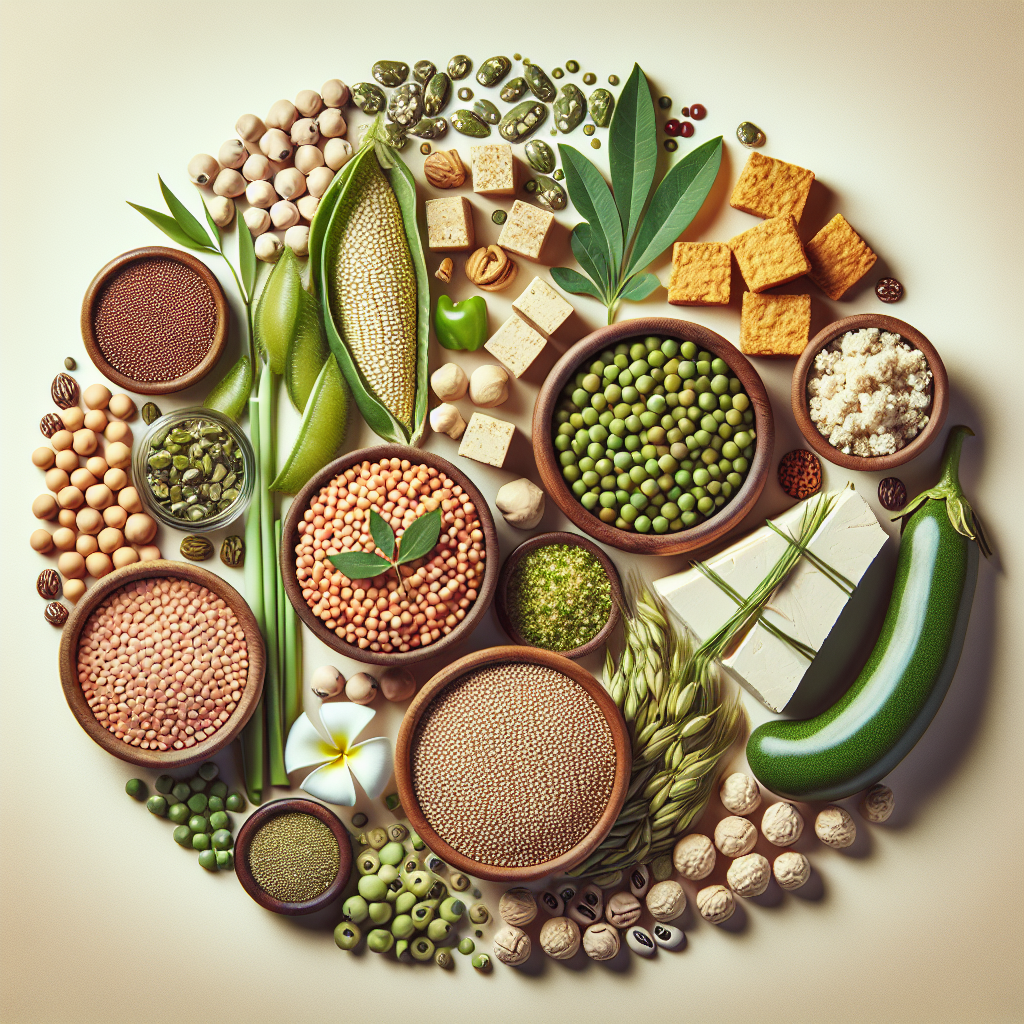


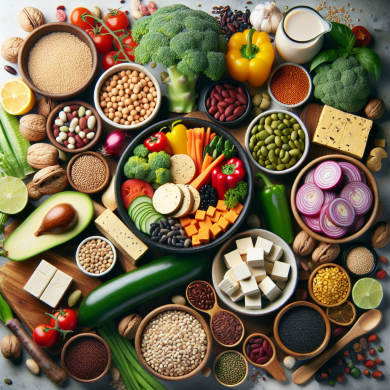
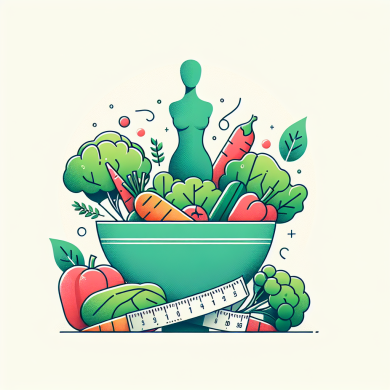
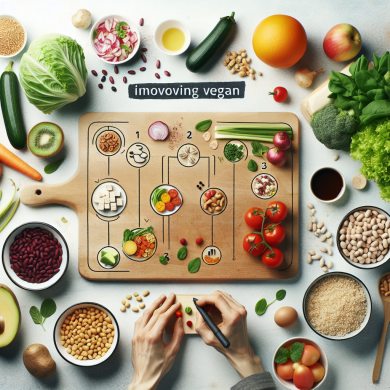
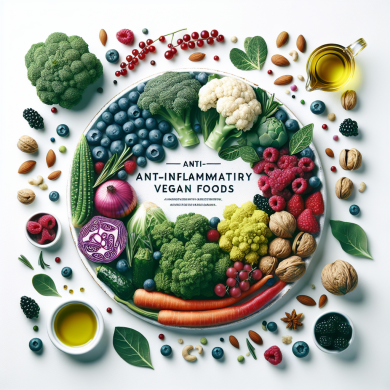
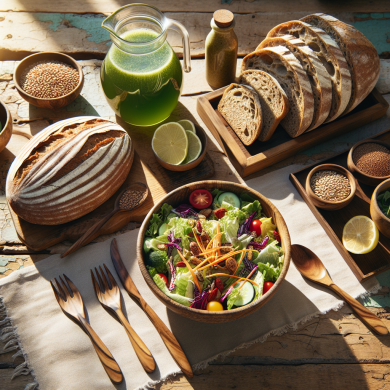






Add comment